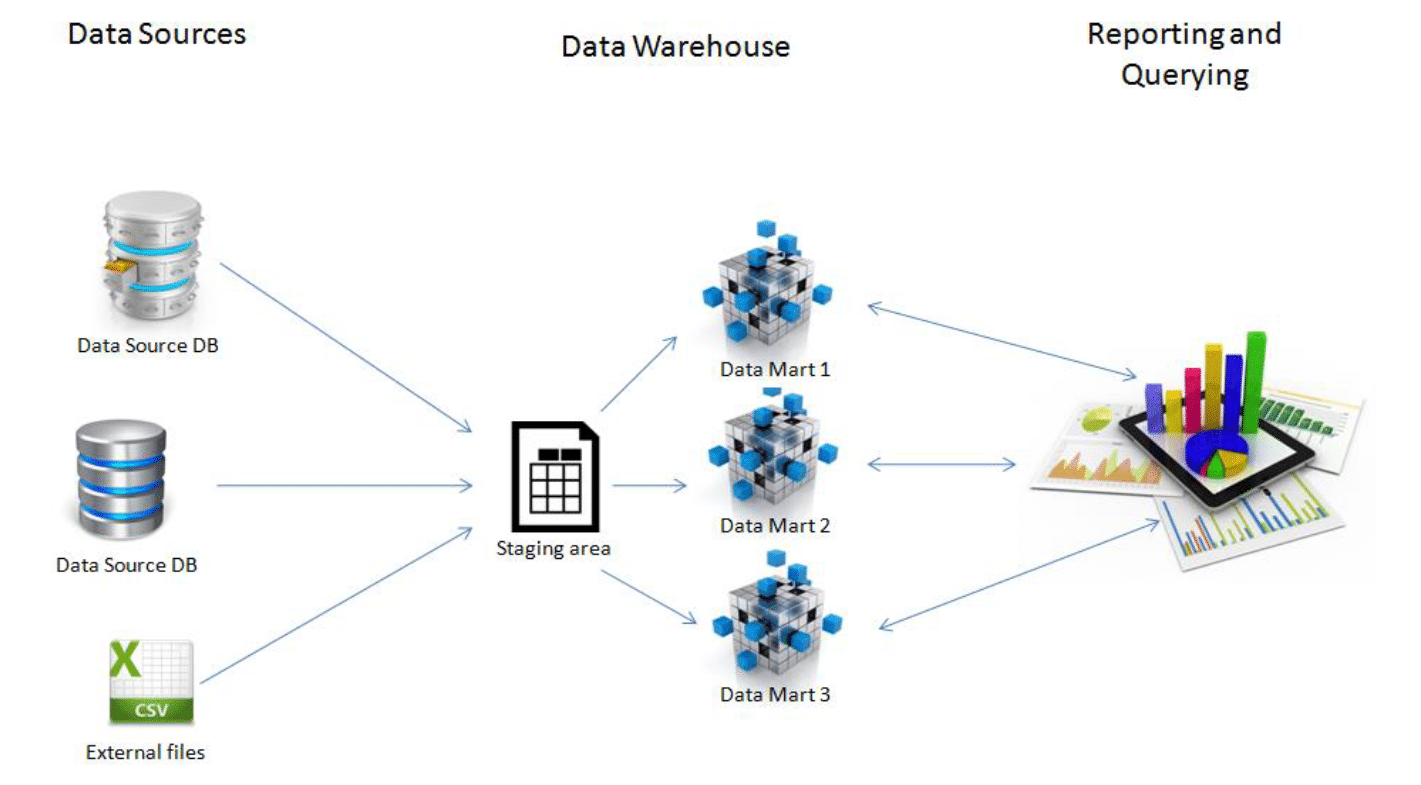Dimensional modeling in Data Warehouse: An Ultimate Official Guide
What’s the Deal with Dimensional Modeling? Let’s talk about Dimensional Modeling (DM) – the superhero of data storage techniques for data warehouses. You know what makes it special? Its laser focus on getting data out fast, unlike those traditional systems that spend all their time worrying about putting data in. Think about it: while relational … Read more



